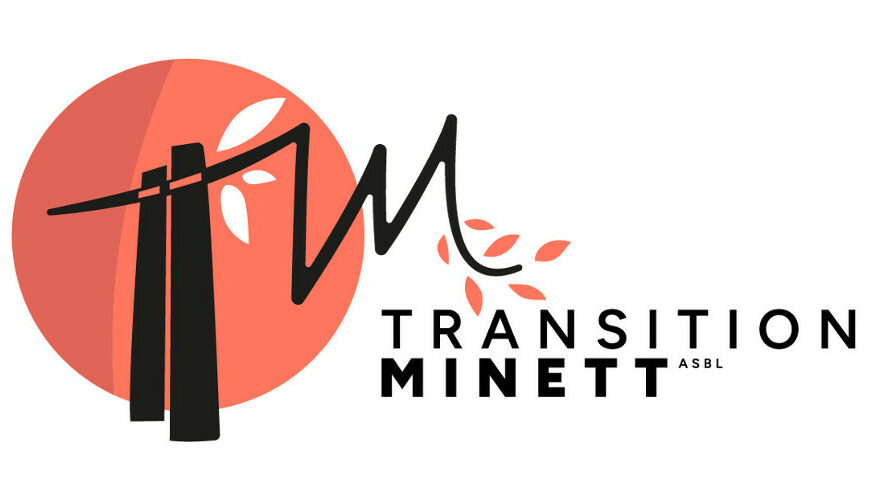August 2nd, 2023. That’s the day on which human consumption of natural resources exceeds the planet’s capacity to reproduce them. For Luxembourg, it’s already February 14th! What can we do about it?
One obvious answer is to make better use of existing resources and reduce the need for new ones as much as possible. This strategy is all the more interesting for Luxembourg, which has very few natural resources.
To tackle this issue – and thus respond to the socio-economic and environmental challenges we face today- a new approach is becoming increasingly prevalent: the idea of moving from a linear economy (the current system) to a circular economy.
Luxembourg has already been thinking about moving to a circular economy since 2014. This process has so far resulted in the adoption of a “circular economy strategy for Luxembourg” in 2021 and a “zero waste strategy” in 2022 (Null Offall Lëtzebuerg).
According to this national strategy, Circular Economy is a system of production and exchange of goods and services which adopts a holistic approach to the management of stocks and flows of materials and energy, taking into account the regenerative capacities of our planet and integrating aspects of human well-being.
Clearly, this definition refers to what is written at the beginning of this text. The idea is to design the product to avoid as much waste as possible, to ensure a long life – preferably shared and multi-purposed – and then to repair or even recondition the product before recycling or eliminating it at the end of its life. To illustrate this more concretely and in more common terms, we can also talk about the 5Rs: refuse, reduce, reuse, recycle and return to the earth (see diagram opposite).
Circular Economy can also increasingly be found at a municipal level. Our main partner, the City of Esch, signed the “Circular Cities Declaration” in 2022, a network of European “circular cities”, i.e. cities that have chosen the circular economy path to limit the use of and impact on natural resources.
Looking at Esch, there are many actors who have been working on circular economy projects for years, both on the public side (City of Esch, SIVEC resource center, etc.) and on the side of civil society (BENU Village, CIGL Esch, Transition Minett, etc.).
—
Simplified illustration of Circular Economy ( © Caroline Holz)
